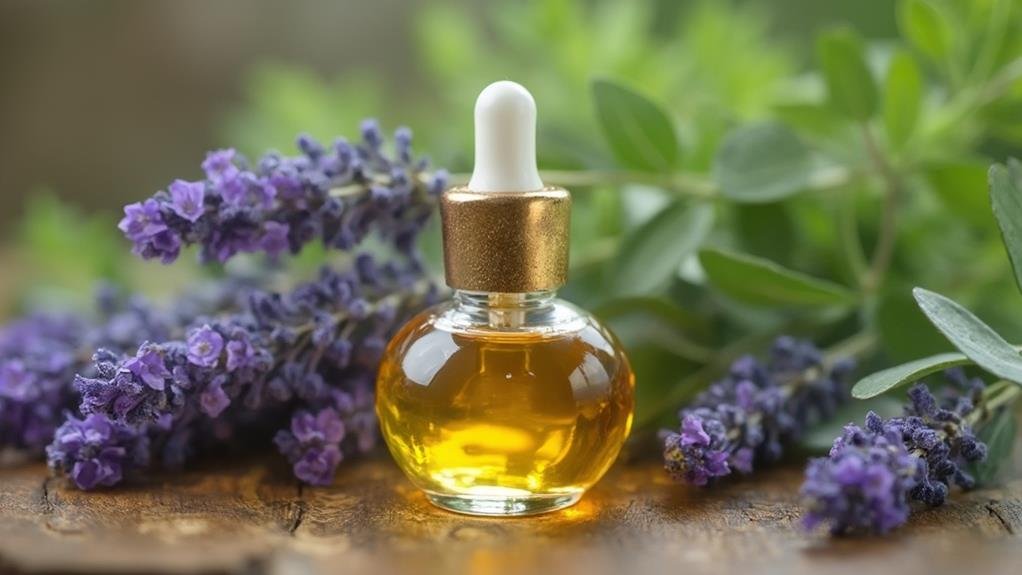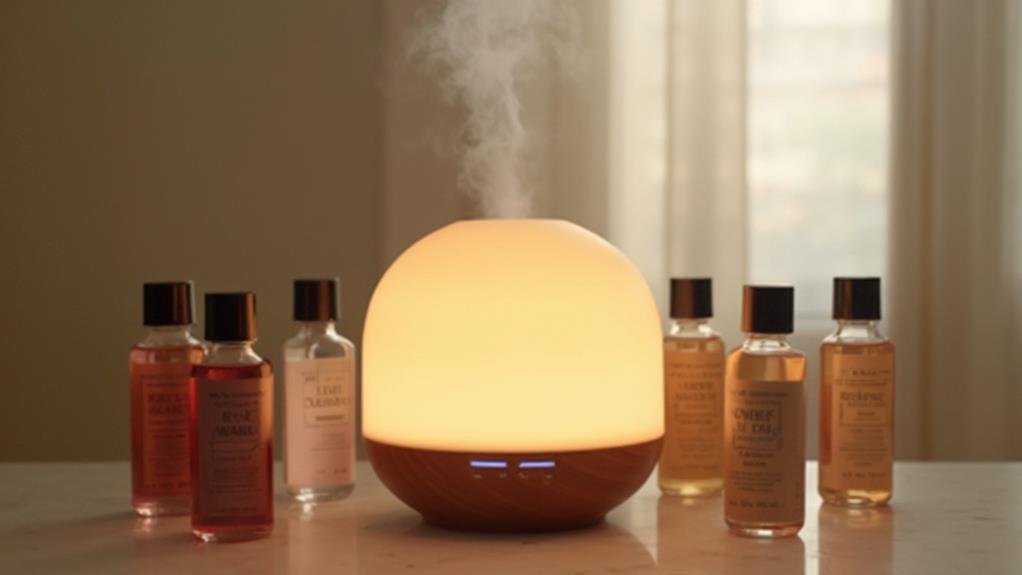Can You Use Bath and Body Works Essential Oils in a Diffuser?
Yes, you can use Bath & Body Works essential oils in a diffuser. However, be aware that they often contain synthetic fragrances in addition to natural essential oils. This means they may not be suitable for all diffusers or for those with sensitivities.
Why the Distinction Matters
It’s important to understand that Bath & Body Works oils are different from pure essential oils.
- Pure essential oils are extracted directly from plants and contain only natural aromatic compounds.
- Bath & Body Works oils are often blends that include both natural essential oils and synthetic fragrance oils. These fragrance oils are created in a lab to mimic natural scents but may have a different chemical composition.
- For more information on the differences in oil types, check out Essential Oils vs Fatty Oils.
Using Bath & Body Works Oils in a Diffuser: Key Considerations

- Not Pure Essential Oils: Bath & Body Works oils often contain synthetic fragrances along with essential oils.
- Diffuser Compatibility: Always check your diffuser’s instructions to ensure it is compatible with fragrance oils. Some diffusers are designed specifically for use with pure essential oils and may not work properly or could be damaged by fragrance oils.
- Ultrasonic and Nebulizing Diffusers are Best: These types of diffusers are generally safe for use with Bath & Body Works oils because they don’t use heat. Ultrasonic diffusers use vibrations to create a fine mist, while nebulizing diffusers use air pressure to disperse the oil.
- Avoid Heat-Based Diffusers: Heat-based diffusers are not recommended for use with Bath & Body Works oils. The heat can alter the chemical structure of the oils, potentially reducing their benefits and even releasing harmful compounds from the synthetic fragrances. For a detailed understanding of oil safety, see how essential oils can affect sensitive areas like eyes.
- Start with Small Amounts: Begin with a few drops of oil and observe how your diffuser handles it. You can gradually increase the amount if needed, but it’s always best to start with less.
Best Practices for Using Bath & Body Works Oils in a Diffuser
- Dilution: Always dilute Bath & Body Works oils with water according to your diffuser’s instructions. Start with a smaller amount of oil than you might typically use with pure essential oils.
- Ventilation: Ensure the room is well-ventilated to prevent the buildup of fragrance compounds.
- Observation: Pay attention to how you feel when diffusing Bath & Body Works oils. If you experience any irritation or discomfort, discontinue use.
- Cleaning: Clean your diffuser regularly according to the manufacturer’s instructions to prevent buildup and ensure optimal performance.
Potential Risks of Using Synthetic Fragrances

While generally safe, synthetic fragrances can sometimes cause some risks:
- Skin irritation: This can manifest as redness, itching, or rash.
- Allergic reactions: Some people are allergic to specific fragrance compounds.
- Respiratory issues: Inhaling synthetic fragrances can trigger asthma or other respiratory problems in sensitive individuals.
If you have sensitivities, it’s best to use pure essential oils or choose Bath & Body Works oils with a higher percentage of natural essential oils.
Choosing the Right Bath & Body Works Oils
Bath & Body Works offers a wide variety of essential oil blends. When choosing oils for your diffuser, consider:
- Scent Profile: Choose scents that you enjoy and that create the desired mood (relaxing, energizing, etc.).
- Oil Composition: Check the label or product description to see the percentage of natural essential oils versus fragrance oils.
Examples of Bath & Body Works Oils for Diffusers
- Stress Relief: Eucalyptus Spearmint is a popular blend known for its calming and invigorating properties.
- Sleep: Lavender Vanilla is a relaxing blend that can promote better sleep.
- Energy: Citrus scents like Orange Ginger can help boost energy and focus.
Conclusion
Bath & Body Works essential oils can be a convenient and affordable way to enjoy aromatherapy in your home. However, it’s important to be aware that they are not pure essential oils and may contain synthetic fragrances.
By following the guidelines and precautions outlined in this article, you can safely and effectively use Bath & Body Works oils in your diffuser to create a fragrant and enjoyable atmosphere.







